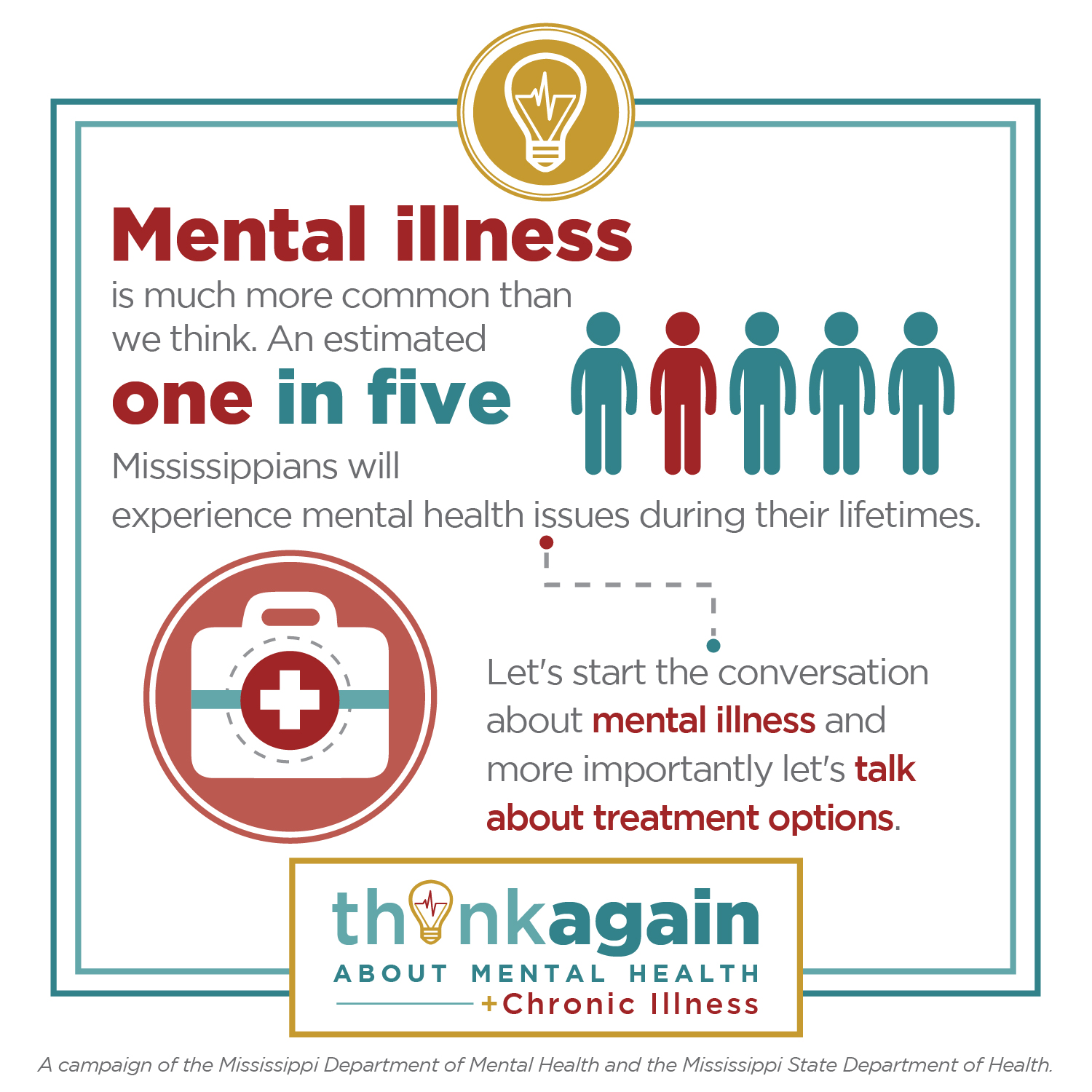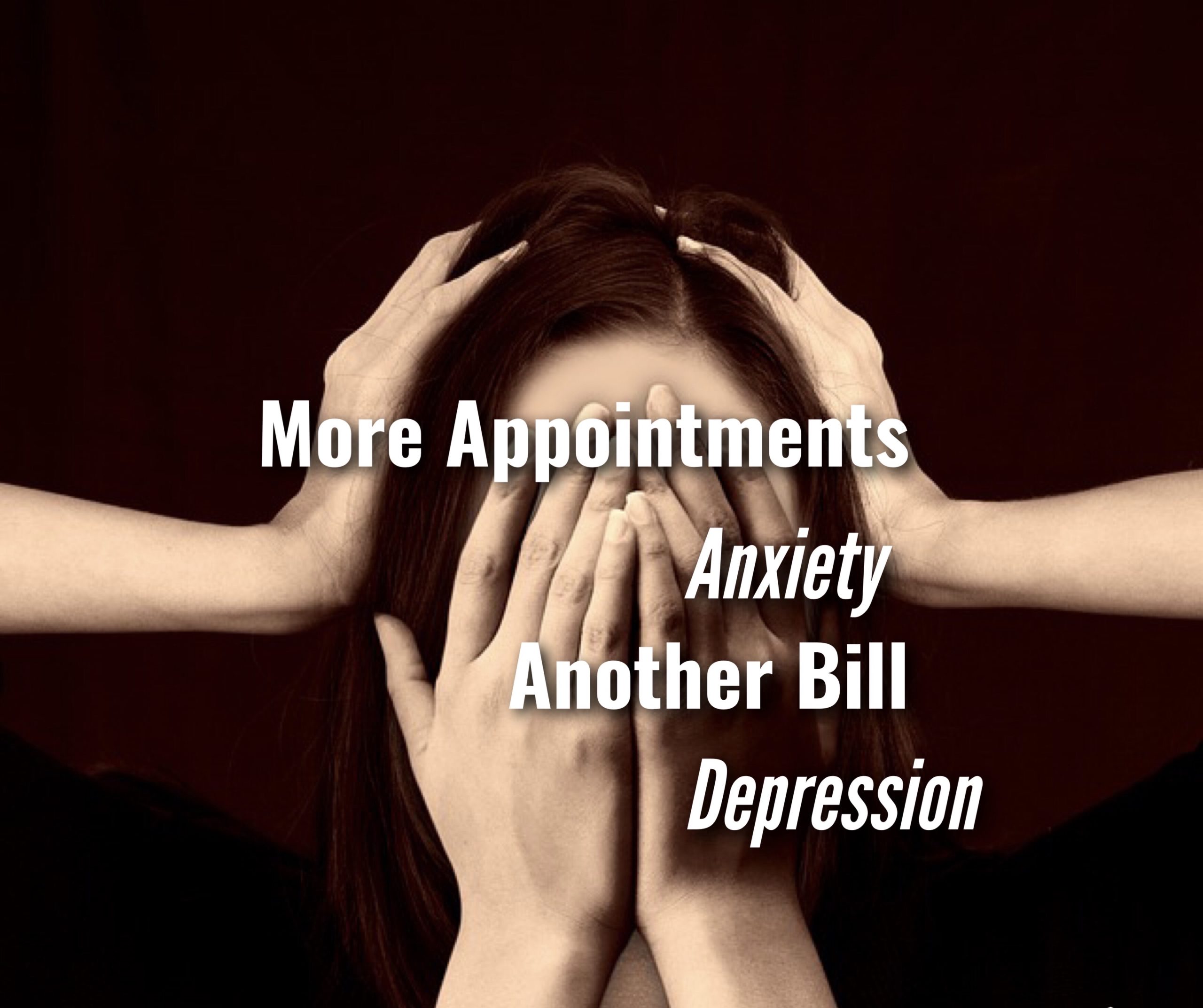Would My Mental Health Issue Count As Chronic?
Would my mental health issue count as a chronic condition? This is a question many grapple with, blurring the lines between temporary struggles and long-term conditions. Understanding the definition of a “chronic condition”—its duration, severity, and impact on daily life—is crucial. We’ll explore how various mental health issues meet these criteria, examining their persistent nature and long-term effects on physical and mental well-being.
This exploration will cover diagnostic processes, treatment options, and the significant societal impact of these conditions.
We’ll delve into the diagnostic criteria used to identify chronic mental health conditions, referencing the DSM-5 and ICD-11. The impact of accurate diagnosis on treatment and management will also be discussed, along with the challenges individuals face in their daily lives, relationships, and work. We’ll cover available treatment options, including medication, therapy, and lifestyle changes, highlighting the importance of accessing appropriate care and support.
Defining Chronic Conditions
A chronic condition is a long-lasting health problem that generally cannot be cured but can often be managed. It’s characterized by its duration, severity, and significant impact on a person’s daily life. Healthcare professionals consider several factors when classifying a condition as chronic, including the length of time the condition persists, the frequency and intensity of symptoms, and the extent to which it interferes with daily activities and overall well-being.
A key distinction lies between chronic and acute illnesses.
Chronic vs. Acute Illnesses
Acute illnesses are typically short-term and often have a rapid onset. They may involve severe symptoms but usually resolve completely with treatment. Examples include the common cold, influenza, or a broken bone. In contrast, chronic conditions persist for extended periods, often for years or even a lifetime. They may have periods of remission (where symptoms lessen) and exacerbation (where symptoms worsen), but they don’t typically disappear completely.
Examples include diabetes, heart disease, and asthma. The difference is primarily in duration and potential for complete recovery.
Mental Health Issues as Chronic Conditions
Many mental health issues meet the criteria for chronic conditions. Their persistent nature, often requiring ongoing management, aligns with the definition of chronic illness. The long-term effects on an individual’s physical and mental well-being vary depending on the specific condition and its severity.
Types of Chronic Mental Health Conditions
Several mental health conditions are widely recognized as chronic. These include:
- Major Depressive Disorder: Characterized by persistent sadness, loss of interest, and other symptoms.
- Bipolar Disorder: Involves extreme shifts in mood, energy, and activity levels.
- Schizophrenia: A severe mental illness affecting thought processes, emotions, and behavior.
- Generalized Anxiety Disorder: Persistent and excessive worry and anxiety.
- Obsessive-Compulsive Disorder (OCD): Characterized by intrusive thoughts and repetitive behaviors.
- Post-Traumatic Stress Disorder (PTSD): Develops after experiencing or witnessing a traumatic event.
These conditions often require ongoing treatment and support to manage symptoms and prevent relapse. The persistent nature of these conditions, even with periods of remission, makes them consistent with the definition of a chronic illness.
Dealing with a challenging family situation? If your child’s mental health is suffering due to a partner’s manipulative behavior, you’re not alone. Resources are available to help; check out this helpful page on how a partner’s manipulation impacts a child’s mental well-being. For additional support, consider contacting peer organizations. You can find contact information for the XCalifornia Association of Mental Health Peer Run Organizations by visiting this page for their phone number.
Remember, seeking help is a sign of strength, and support is available.
Long-Term Effects of Chronic Mental Health Conditions

The long-term effects of chronic mental health conditions can be significant and far-reaching. These conditions can impact physical health, leading to increased risk of cardiovascular disease, diabetes, and other health problems due to factors like stress and lifestyle changes. They also significantly affect mental well-being, leading to reduced quality of life, difficulties in maintaining relationships, and challenges in employment.
The specific impact varies depending on the condition and individual factors.
Diagnostic Criteria and Classification
Diagnosing chronic mental health conditions involves a thorough assessment by a mental health professional. This process utilizes standardized diagnostic manuals to ensure consistency and accuracy.
Diagnostic Manuals and Criteria
The primary diagnostic manuals used globally are the Diagnostic and Statistical Manual of Mental Disorders, 5th edition (DSM-5) and the International Classification of Diseases, 11th revision (ICD-11). Both provide detailed criteria for diagnosing various mental health disorders. For example, the DSM-5 Artikels specific symptoms and duration requirements for diagnosing major depressive disorder, while the ICD-11 provides a similar framework, though with some variations in terminology and specific criteria.
Accurate diagnosis is crucial for effective treatment planning.
Impact of Diagnostic Accuracy
Accurate diagnosis is essential for effective treatment and management of chronic mental health conditions. A misdiagnosis can lead to inappropriate treatment, delaying recovery and potentially worsening the condition. Accurate diagnosis allows for targeted interventions, improving treatment outcomes and enhancing the overall quality of life for individuals.
Impact on Daily Life and Functioning
Chronic mental health conditions significantly impact daily activities, work, relationships, and overall quality of life. Individuals face numerous challenges in various aspects of their lives.
Challenges Faced by Individuals
These challenges can include difficulty concentrating, managing emotions, maintaining relationships, and performing daily tasks. Work productivity may be affected, leading to job loss or difficulty in finding employment. Social isolation and strained relationships are common experiences. The overall impact can lead to decreased quality of life and reduced overall well-being.
Hypothetical Scenario
Imagine Sarah, a 30-year-old with chronic anxiety. Her anxiety makes it difficult to leave the house, impacting her ability to go to work, maintain social connections, and even complete basic daily tasks. She experiences intense physical symptoms like rapid heartbeat and shortness of breath, further limiting her ability to function. Simple errands become overwhelming, and she often misses appointments due to panic attacks.
This constant struggle significantly impacts her personal and professional life, creating a cycle of isolation and decreased self-esteem.
Treatment and Management of Chronic Mental Health Conditions: Would My Mental Health Issue Count As A Chronic Condition
Various treatment options are available for managing chronic mental health conditions, often involving a combination of approaches.
Treatment Options, Would my mental health issue count as a chronic condition
These include medication, therapy (such as Cognitive Behavioral Therapy (CBT) or Dialectical Behavior Therapy (DBT)), and lifestyle changes. Medication can help manage symptoms like depression, anxiety, or psychosis. Therapy provides tools and strategies for coping with challenging emotions and behaviors. Lifestyle changes such as regular exercise, a healthy diet, and sufficient sleep can also significantly improve mental well-being.
Therapeutic Approaches
Different therapeutic approaches have varying effectiveness depending on the specific mental health disorder. CBT is often effective for anxiety disorders, while DBT is commonly used for borderline personality disorder. Medication may be used in conjunction with therapy for optimal results. The choice of treatment is personalized based on the individual’s needs and preferences.
Legal and Societal Considerations
Legal frameworks and societal attitudes play a crucial role in the lives of individuals with chronic mental health conditions.
Dealing with a challenging family situation? If your child’s mental health is suffering because of a partner’s manipulative behavior , know you’re not alone. Seeking support is crucial. For additional resources and potential assistance, you might find the contact information for the xCalifornia Association of Mental Health Peer Run Organizations phone number helpful; they can connect you with relevant services in your area.
Remember, prioritizing your child’s well-being is key, and help is available.
Legal Frameworks and Policies
Laws regarding disability and mental health vary across jurisdictions, but generally aim to provide legal protections and access to services. These may include provisions for reasonable accommodations in the workplace and access to disability benefits. However, navigating these systems can be complex and challenging for individuals.
Societal Stigma

Societal stigma surrounding mental illness remains a significant barrier to seeking help and accessing support. Fear of judgment and discrimination can prevent individuals from disclosing their conditions, leading to isolation and delayed treatment. This stigma needs to be addressed through education and awareness campaigns.
Challenges in Accessing Care
Imagine John, a 45-year-old with schizophrenia, struggling to access appropriate care. He faces challenges navigating the healthcare system, finding affordable medication, and dealing with the stigma associated with his condition. His limited financial resources and lack of social support further complicate his situation. This illustrates the complex interplay of legal, social, and economic factors that can impact access to care for individuals with chronic mental health conditions.
Resources and Support Systems
Numerous resources and support systems are available to individuals with chronic mental health conditions.
Accessing Mental Health Services
Individuals can access mental health services through various avenues, including primary care physicians, mental health clinics, hospitals, and private practitioners. Many online resources and helplines offer information, support, and guidance. Navigating the healthcare system can be challenging, but seeking help from a trusted professional or support organization can make the process easier.
Support Organizations
Numerous local and national organizations provide support, advocacy, and educational materials for individuals with chronic mental health conditions and their families. These organizations often offer peer support groups, educational workshops, and advocacy services. Examples include the National Alliance on Mental Illness (NAMI) in the US and similar organizations in other countries.
Ultimately, determining whether a mental health issue qualifies as a chronic condition depends on its persistence, severity, and impact on daily functioning. While there’s no simple yes or no answer, understanding the diagnostic criteria, available treatments, and the broader societal context surrounding mental health is key. This knowledge empowers individuals to seek appropriate support, advocate for their needs, and navigate the challenges of living with a chronic mental health condition.
Remember, seeking professional help is crucial for accurate diagnosis and effective management. There are resources available to assist you in finding the right support for your specific needs.
Share this content:
